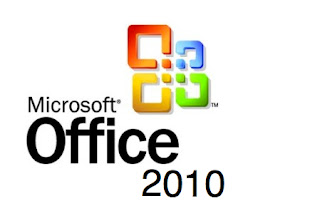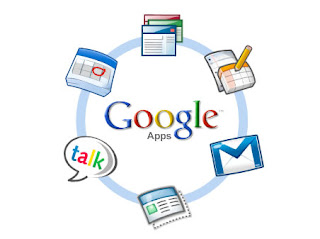Evernote, for me at least, is the king of all note-taking apps.
| Evernote (Photo credit: Wikipedia) |
- Cross platform: This is a biggie - Evernote runs on any device that you may be using, be it Apple, Android, Windows Phone, Blackberry, PC, Mac... the list goes on.
You can also access it directly from any web browser of course.
There is serious power in compatibility. - Pricing: The free version offers a lot of functionality, so much so that I only found a need to upgrade from the free plan this month, for reasons that will be covered in this blog post...
- Evernote offers features that I haven't even started to use yet - scanning through the menu on my PC, I don't even know what some of the features do, but I am guessing that once I start using them, I will find it hard to imagine life without them!
- Convenience: Instead of trying to remember each and every thing that I did in my day, which customers I visited, time spent on-site, tasks completed etc., I make a point of updating Evernote on my Lumia 920 several times per day, and the data is automatically synced back to the cloud, and then onto each of my other devices when they in turn sync later on.
Couldn't be any simpler really.
Cloud-based note software is therefore an amazing way in which to keep your life, your devices and indeed your mind in sync, no matter where you are or what device you happen to be using.
It is the perfect, simple, centralized solution... or is it?
For over a year now, I have been using Evernote (free), to make my life simpler by remembering important stuff for me - and it has worked sterlingly well.
Then last week, something decidedly odd and alarming happened which caught me completely off guard, and which turned an otherwise fantastic Monday into one with a distinctly blue hue.
While opening a critical note (I say "critical", since it pertained to information stored for the month that directly affected the bottom line of my business), I discovered that the entire note appeared blank.
The note title was intact, as was a preview of the first 3 lines of the note, but that was it.
No stress, I thought, still reasonably calm at this stage, as I switched over to my phone to access the note there.
Same thing on the phone. Zip, nada, nothing in the note.
Stress level successfully upgraded.
Last ditch to recover data? You guessed it - turn to the oracle of all things - Google.
Oddly, while this particular event appeared to be rather common in search results, no real explanation, solution or fix accompanied any of the articles that I was desperately trawling through.
Attempting to start rebuilding the note from memory only made things worse - the more that I could remember from the scattered bits and pieces haphazardly floating around my brain, the more I realised that the task facing me was near insurmountable - I had stored a lot of data in that note...
It would be safe to say that I was going through unusually high stress levels at that point.
In desperation I continued what now seemed a pointless effort to find any scraps of info online, that may turn the situation around.
Finally, one faint glimmer of hope caught my eye from the far recesses of the web - a feature included in the Evernote Premium (paid) which allows you to roll back to a previous version of any note.
Ah, but I was on the Free plan, so what use would this be to me?
Thankfully, quite a bit, since Evernote actually implements this feature on all new accounts, Free or Premium.
Thankfully, quite a bit, since Evernote actually implements this feature on all new accounts, Free or Premium.
This means that by upgrading from a free plan to a Premium plan, you can access historical data about your notes, even from the period before you became a Premium user - a massive lifesaver if you are someone like me, who was about to lose most of my remaining sanity due to data loss.
In short, I was able to upgrade to a monthly Premium plan (R 49 per month), and access a version of my lost note that had been saved that same morning, approximately 99% intact.
Stress levels normalised. Meltdown averted.
So what's the point of this post really?
Well, I am an avid cloud service advocate - whenever clients ask me about data storage needs for the future, cloud is always in there somewhere when I respond.
I think that the lesson in all this, is that while the cloud is as reliable, secure and stable as it can possibly be, shit does happen.
Just as external hard drives can be dropped or fail at random, cloud services and syncs can fall over with unpredictable results, and when dealing with your data, unpredictability is a scary thing.
Whichever way you go, be it local storage or the cloud, take precautions and put extra measures in place, within reason obviously.
Duplicate backup drives, store a local copy of your cloud data or make use of multiple cloud storage services.
Whatever you do, have something to fall back on, because when it all goes belly up, data is impossible to replace.























.jpg)











